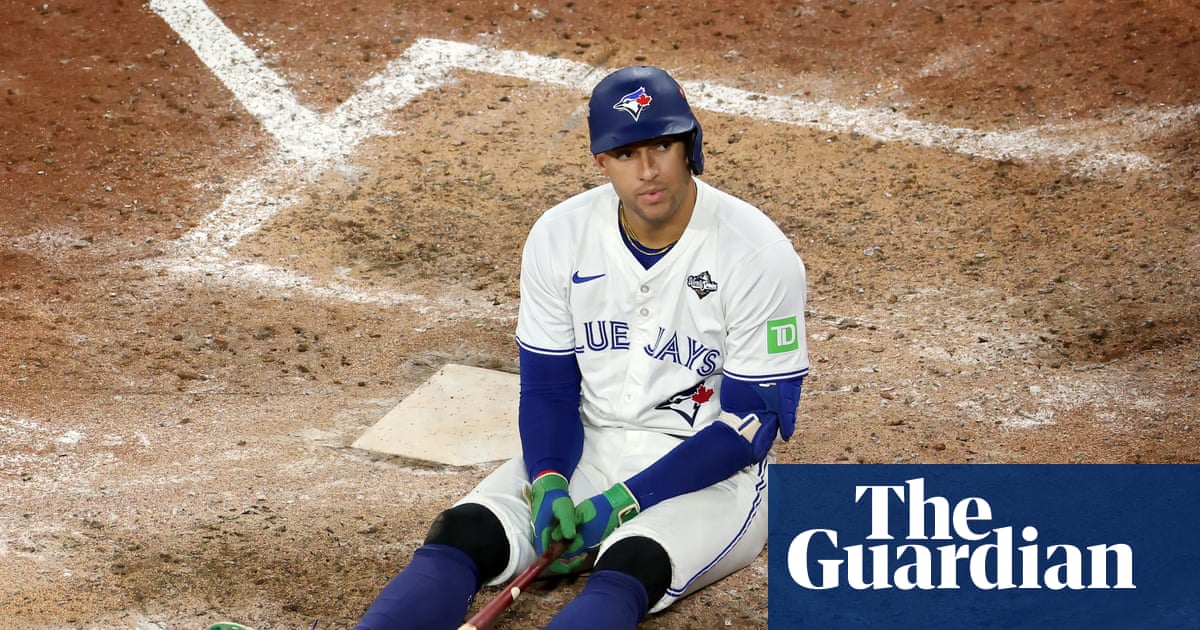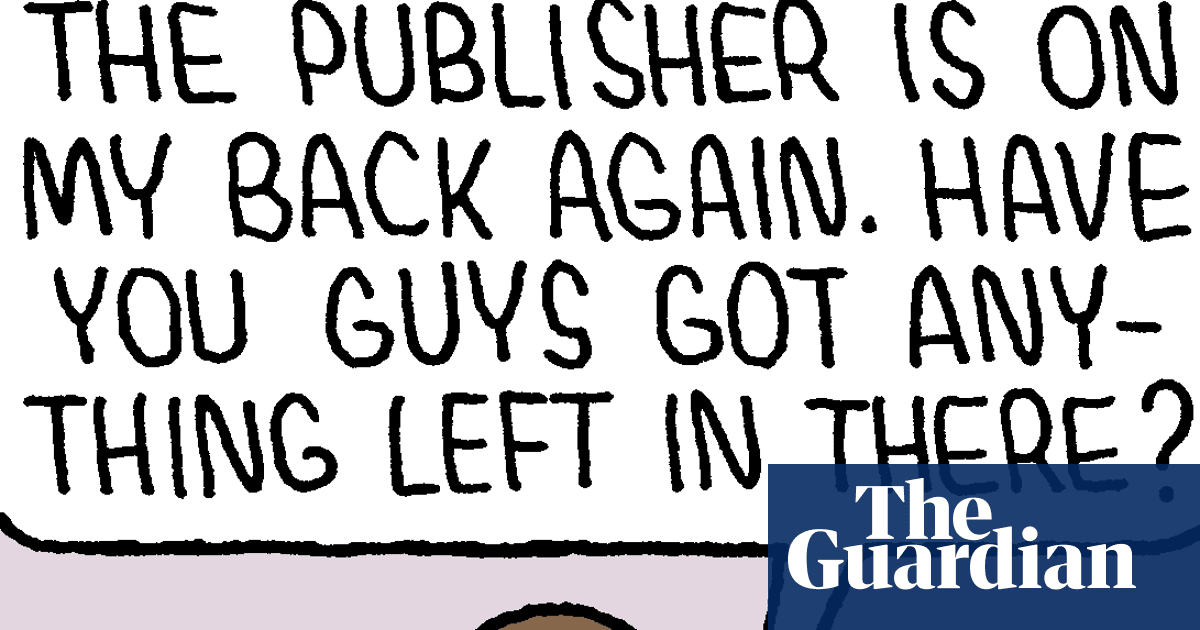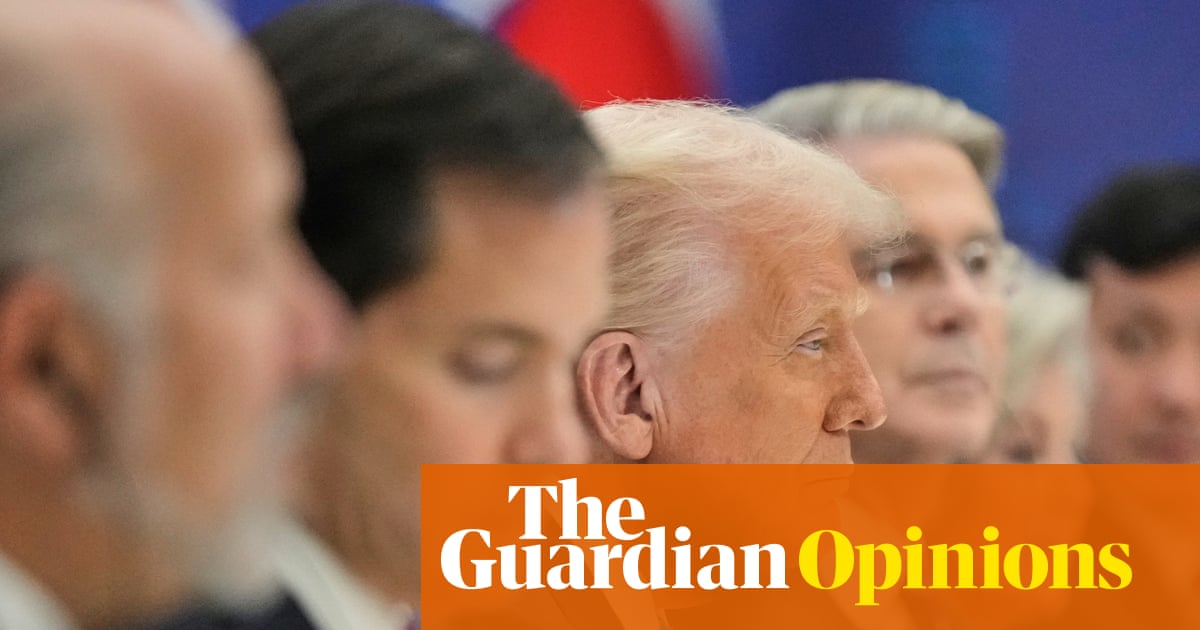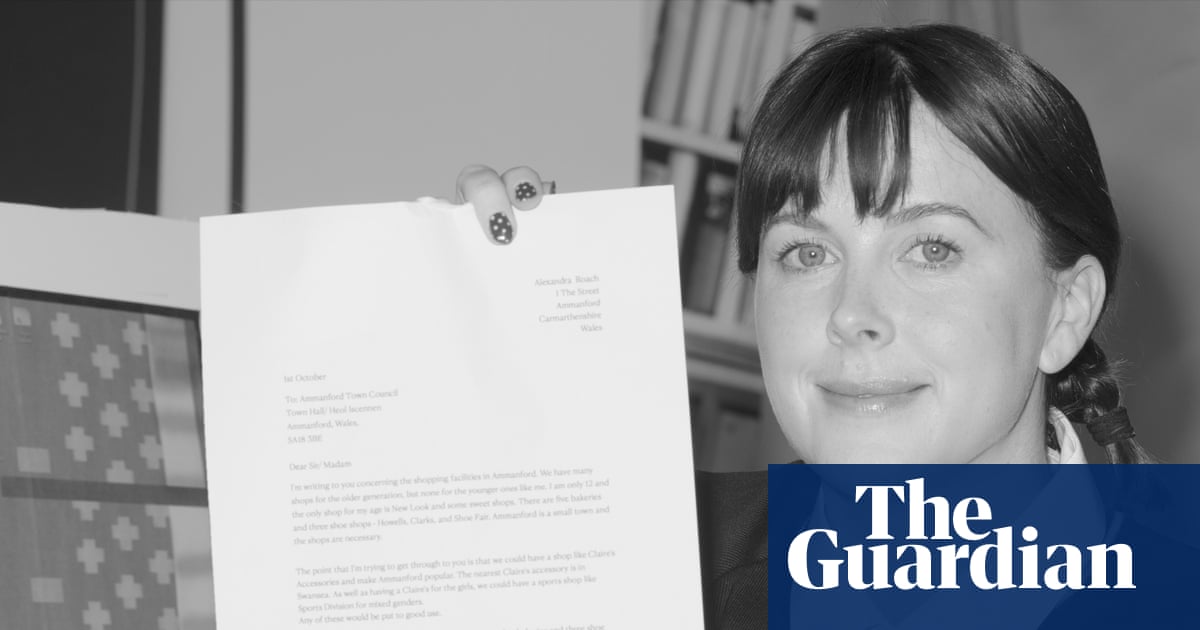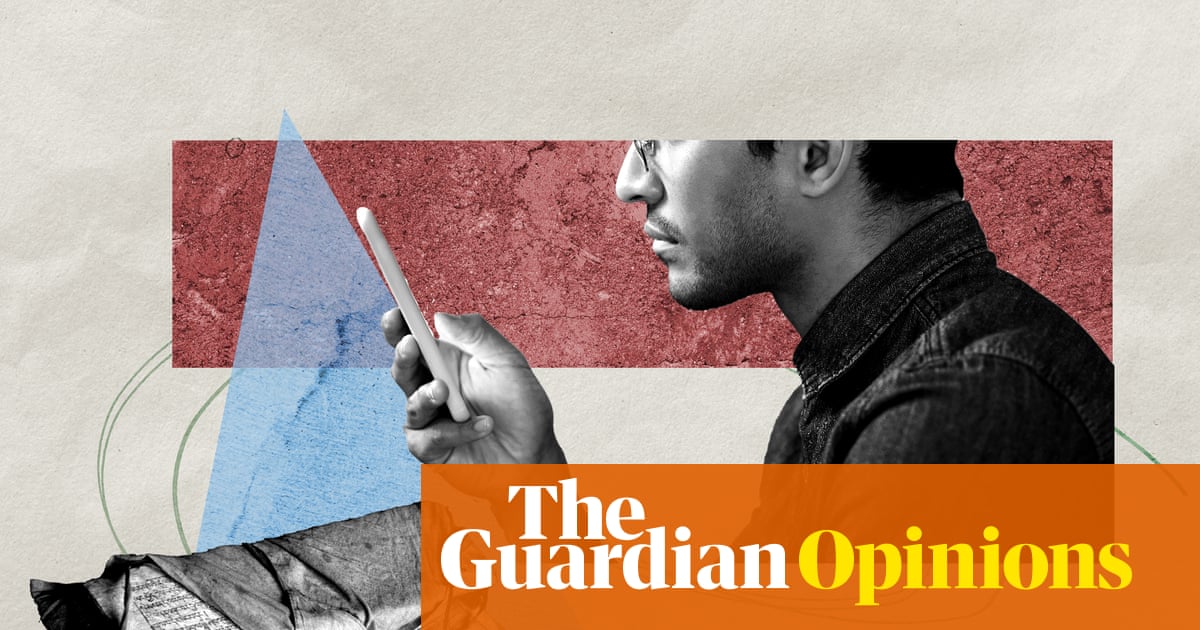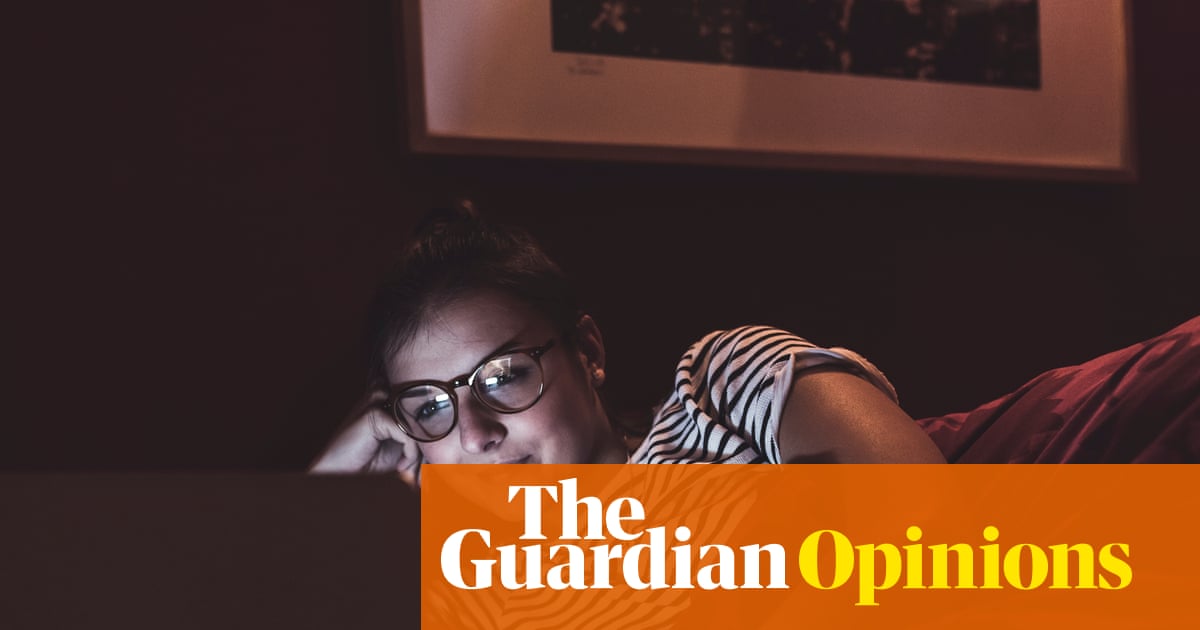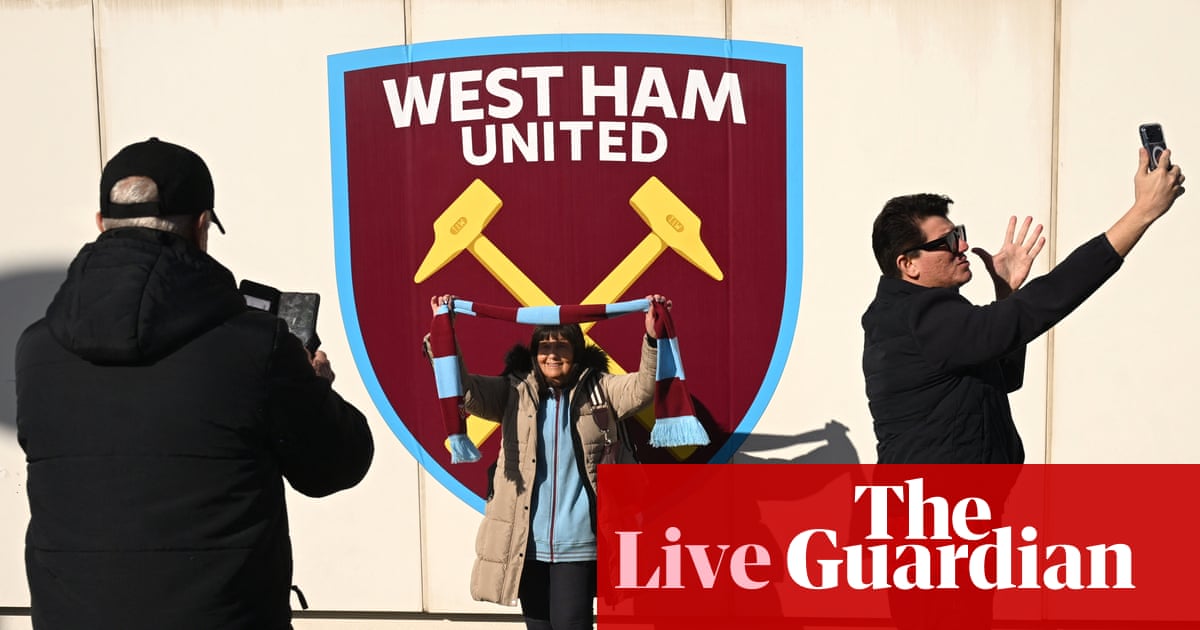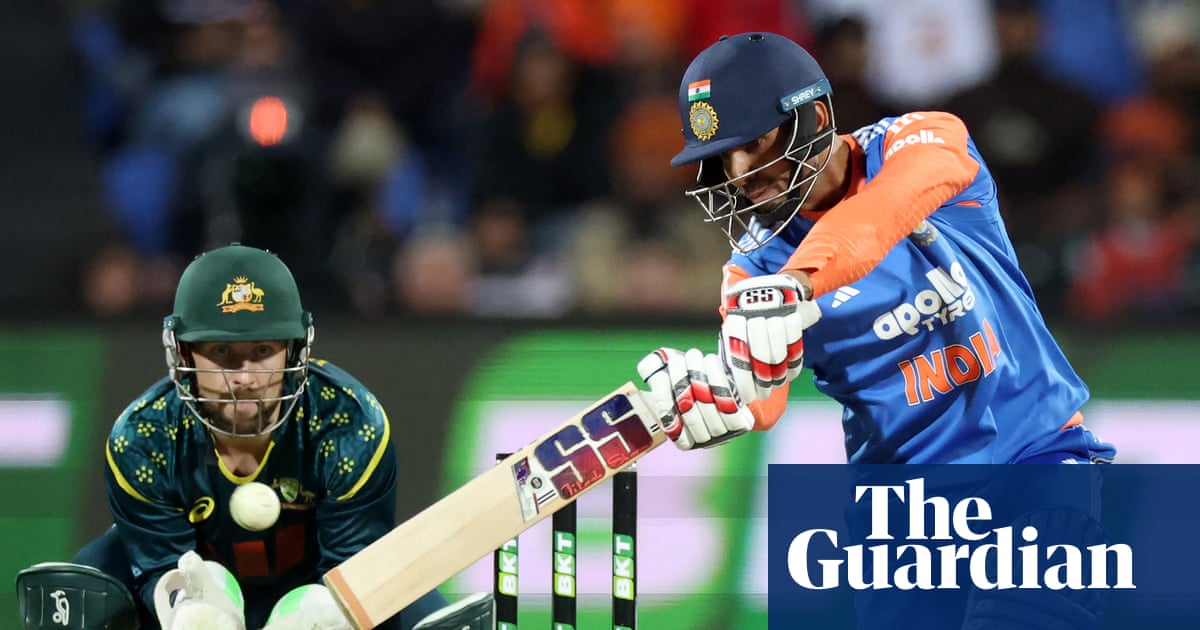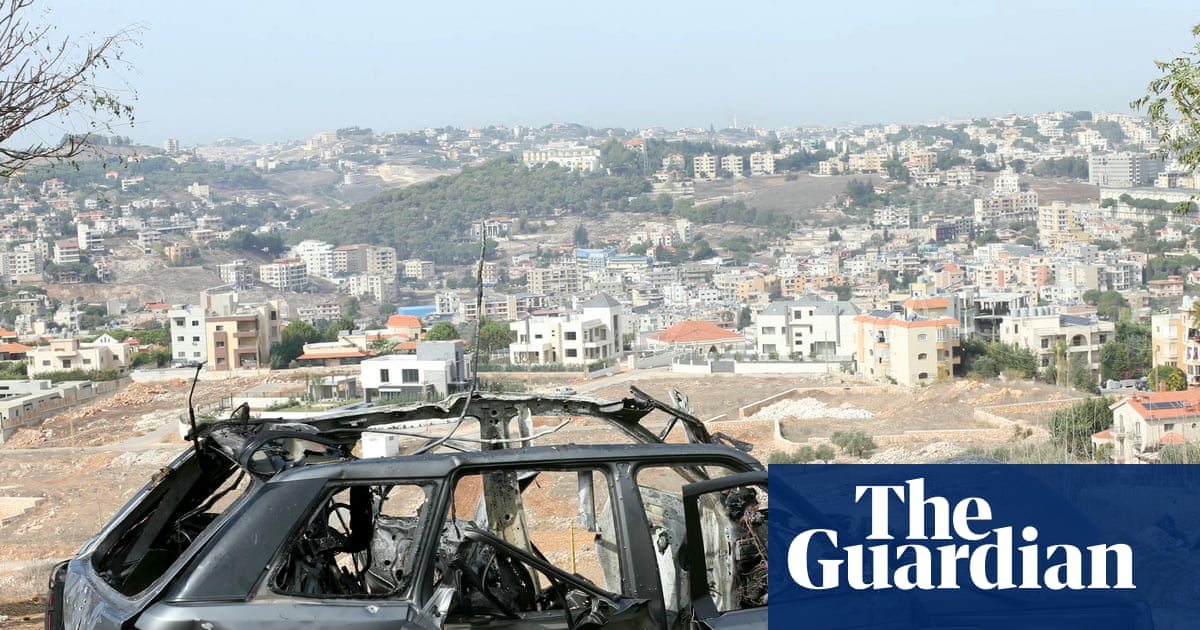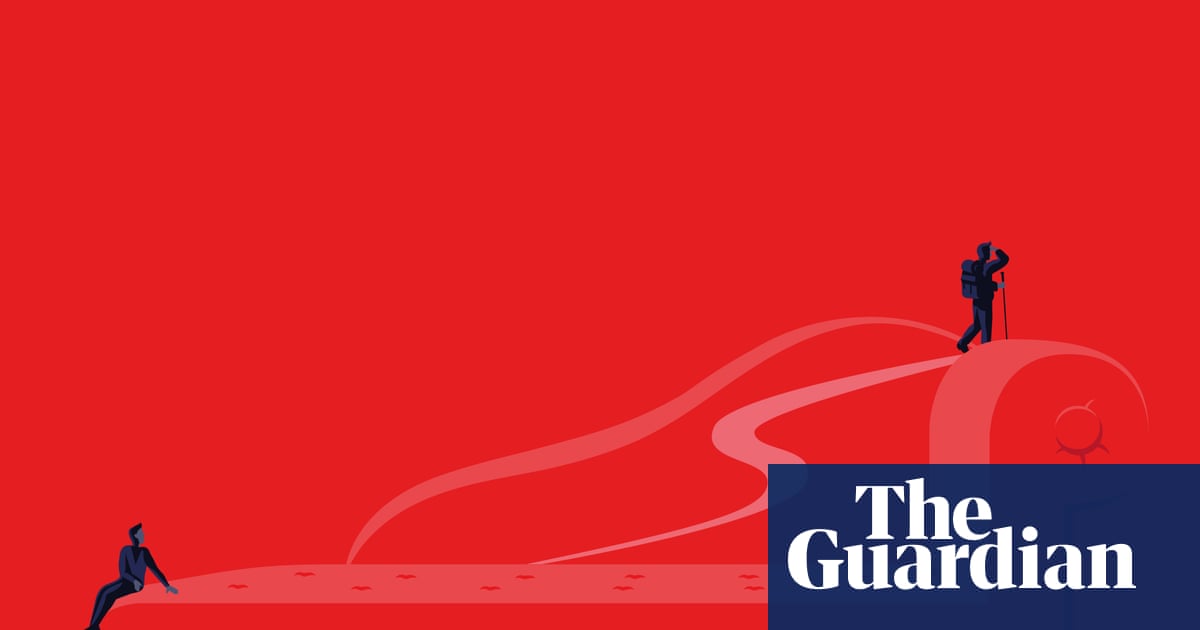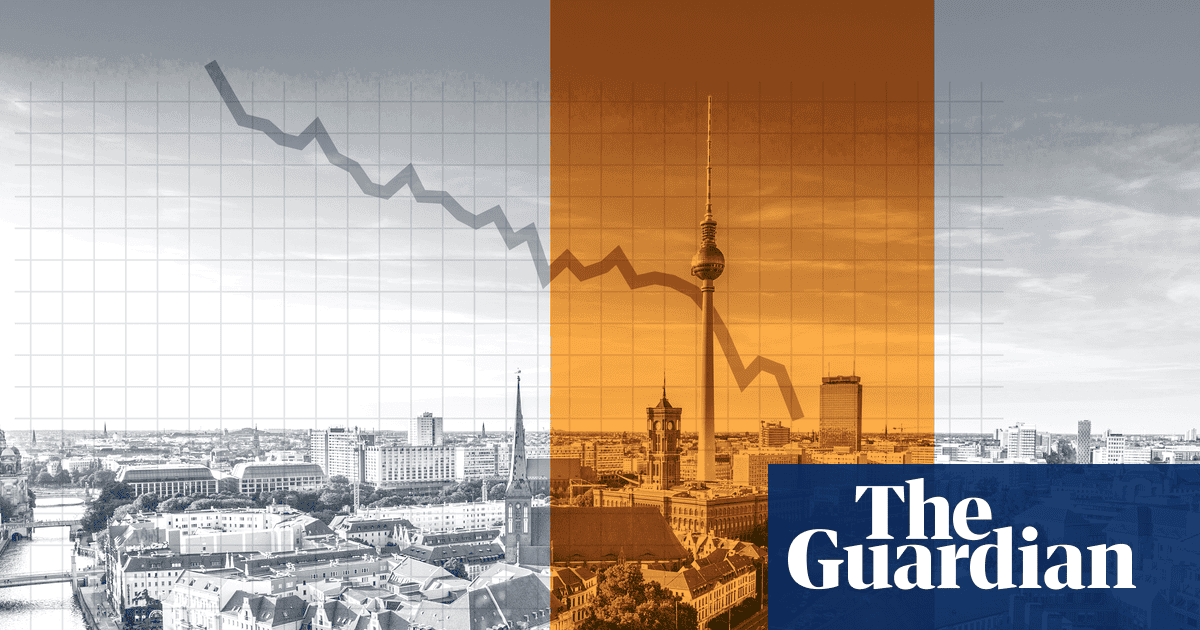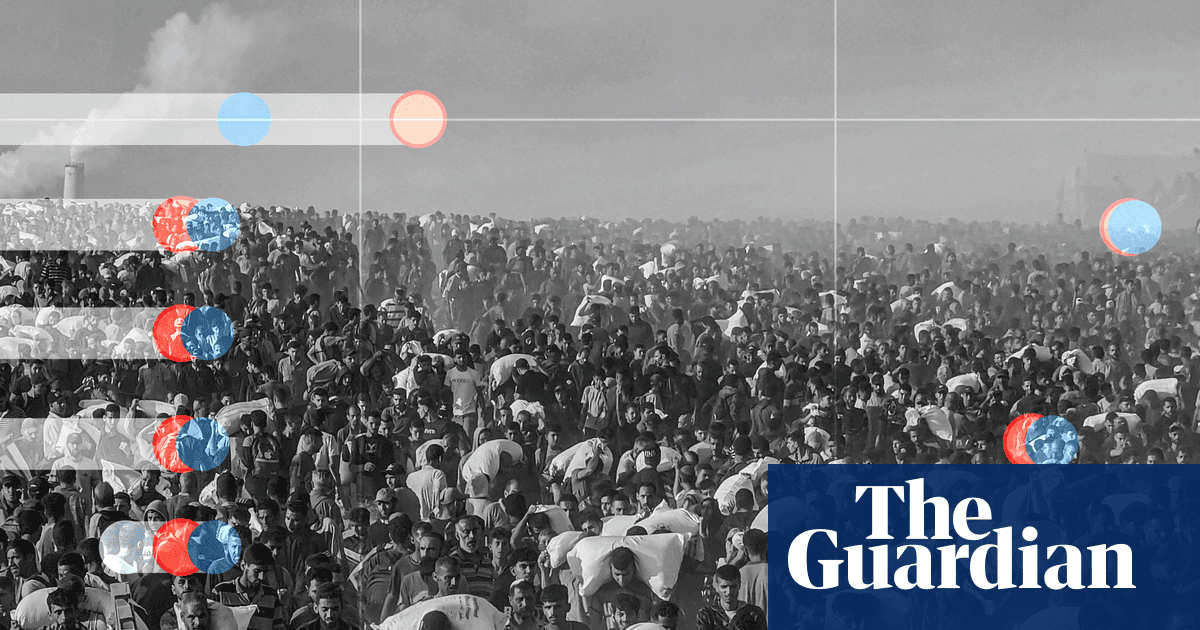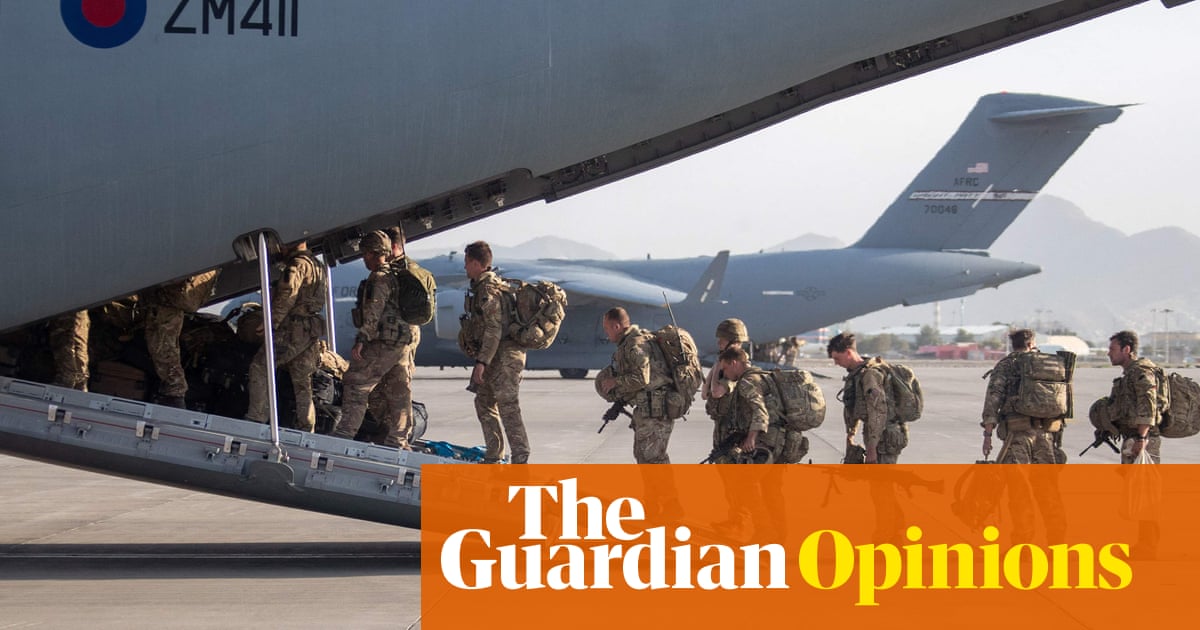Ukraine’s parliament has passed a law restoring independence to two anti-corruption bodies, essentially annulling another law adopted last week that prompted the biggest street protests since Russia’s full-scale invasion three years ago.
Several hundred protesters outside the parliament building in Kyiv erupted into chants of “the people are the power” as the bill passed on Thursday lunchtime.
“Unity is important in wartime, but even more important is remembering the values that our soldiers are defending on the frontline,” said Oleksandra, a 19-year-old economics student who said she had been to every protest since they began last week. “I’m happy that the government has listened to us.”
Volodymyr Zelenskyy will hope the new law will put an end to what had threatened to become a political crisis domestically and had worried European allies, who warned him privately that the moves would be disastrous for Ukraine’s image as a democratic state. He signed the law into force swiftly after the vote.
The law passed as Russia continued to bombard Ukraine with drones and missiles nightly. A huge attack on Kyiv overnight killed at least nine people, including a six-year-old child. One missile strike in the early hours of Thursday led to the partial collapse of a nine-story block of flats, and authorities reported that 124 people had been injured, including 10 children.
In another major attack on Monday night, Russian missile strikes killed more than 25 people, including at a prison and a maternity hospital in the east of Ukraine.
Donald Trump appears to be taking a slightly tougher tone with Russia and earlier this week lowered a 50-day deadline for Russia to make progress on a ceasefire to “10 or 12 days”, saying he had not seen any serious desire from Vladimir Putin to end the war.
On Thursday, the senior US diplomat John Kelley told the UN security council that Trump wanted the war ended by next Friday, though he gave little detail of why this effort was expected to succeed where previous attempts had failed. Before taking office Trump had promised to end the conflict within 24 hours.
Kelley said: “Both Russia and Ukraine must negotiate a ceasefire and durable peace. It is time to make a deal. President Trump has made clear this must be done by August 8. The United States is prepared to implement additional measures to secure peace.” He did not specify what measures he had in mind.
Zelenskyy called on Ukraine’s allies on Thursday to put further pressure on Moscow after the latest strikes on Kyiv. “Today the world once again saw Russia’s answer to our desire for peace with America and Europe … That is why peace without strength is impossible,” he wrote on Telegram.
He also called for foreign leaders to push for regime change in Russia. “If the world doesn’t aim to change the regime in Russia, that means even after the war ends, Moscow will still try to destabilise neighbouring countries,” he said in a speech on Thursday to a conference marking 50 years since the signing of the cold war-era Helsinki accord.
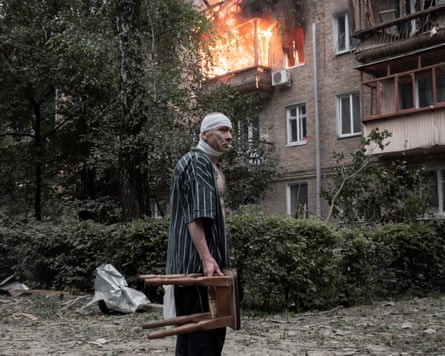
Overnight in Kyiv, explosions rang out for hours, making it another sleepless night for many before the parliamentary vote. Nonetheless, several hundred people gathered in a park close to parliament during the vote, the latest in a set of protests over the past week predominantly attended by young Ukrainians.
The law passed with 331 votes in favour and none against, a rapid U-turn from the bill that passed the previous week with support from Zelenskyy’s Servant of the People party.
That bill stripped powers from the national anti-corruption bureau, known as Nabu, and the specialised anti-corruption prosecutor’s office, Sapo. Both work independently of other law enforcement bodies specifically to target high-level corruption. The changes would have brought them under the control of Zelenskyy’s handpicked general prosecutor.
after newsletter promotion
Oleksandr Klymenko, the head of Sapo, said on Wednesday that the two institutions have open investigations against 31 sitting MPs and said the move to bring Nabu and Sapo under control was probably caused by their investigations into powerful people.
“The main thing about our work is the enormous preventive effect it has,” he said in a briefing at his office, claiming that the prospect of being caught meant fewer top officials risked engaging in corrupt activities.

Zelenskyy announced late last week that he had listened to the criticism expressed during street protests and from various western officials and would table a new law.
In an interview, Mykhailo Podolyak, a Zelenskyy aide, denied that introducing the original law was a “mistake”, and also denied that the bodies were targeted in retaliation for bringing cases against top-level officials. He said the government’s swift response had shown it listened to criticism.
“The question is how you react if your initiatives are not accepted by people. Either you ignore protests and complaints, or you analyse them and then make corrections. President Zelenskyy has shown that he reacts very quickly to society and is ready to cooperate constructively,” Podolyak said.
Thursday’s parliamentary session devoted to the law was televised for the first time since 2022, lifting a security ban on filming. Opposition MPs made fiery speeches criticising Zelenskyy and the presidential administration before the vote.
When the results were announced, the crowd outside parliament broke into cheers and sang the national anthem. Protesters have been clear that they do not have revolutionary intentions, with most acutely aware of the dangers of political destabilisation in wartime. Instead, they say, the demonstrations show that Ukrainian democracy is functioning despite a lack of elections under martial law.

 3 months ago
42
3 months ago
42



